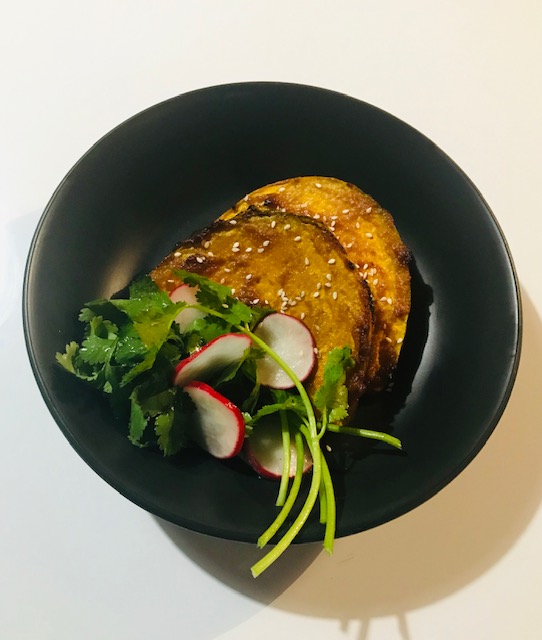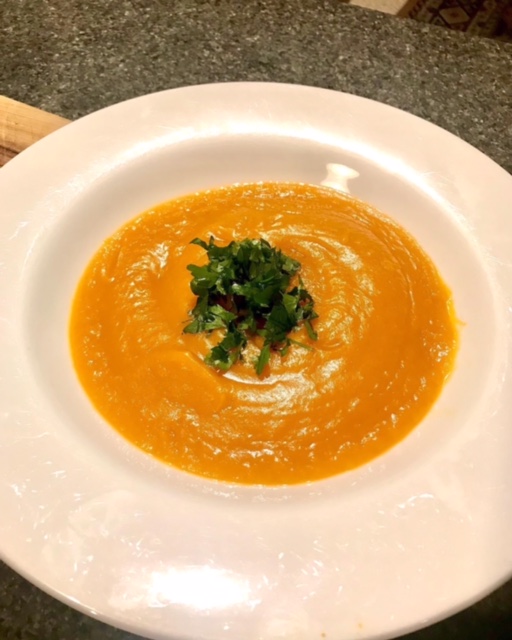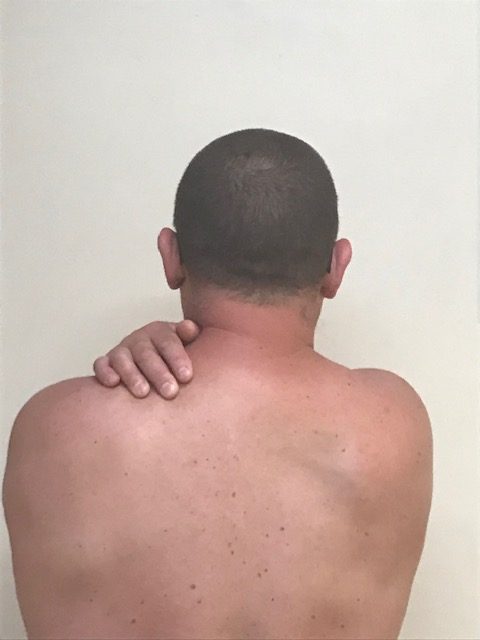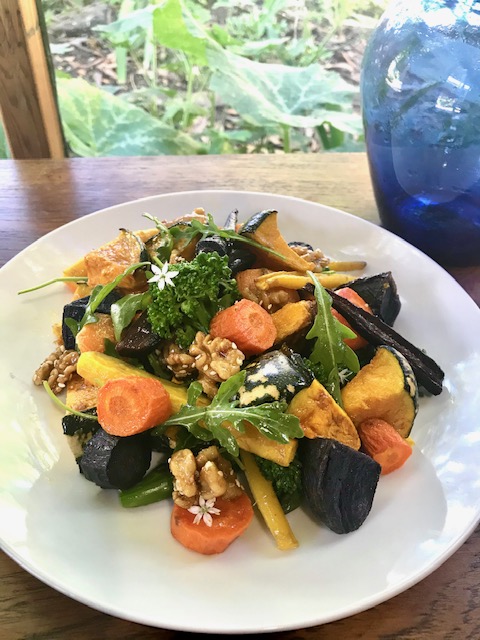
Dietary therapy is an important aspect of Traditional Chinese Medicine (TCM). It forms a part of self care practices known as Yang Sheng, a term that means to ‘nourish life’.
Yang Sheng involves paying attention to and making the necessary adjustments to diet, exercise, mindfulness and rest, to best support our health.
These needs will differ from person to person, based on constitution, individual health concerns, as well as seasonal and environmental influences.
In times of challenge and change, it is important to take some time to re-evaluate your diet and lifestyle. Making small adjustments and putting some nourishing routines in place can help you to feel balanced and energised.
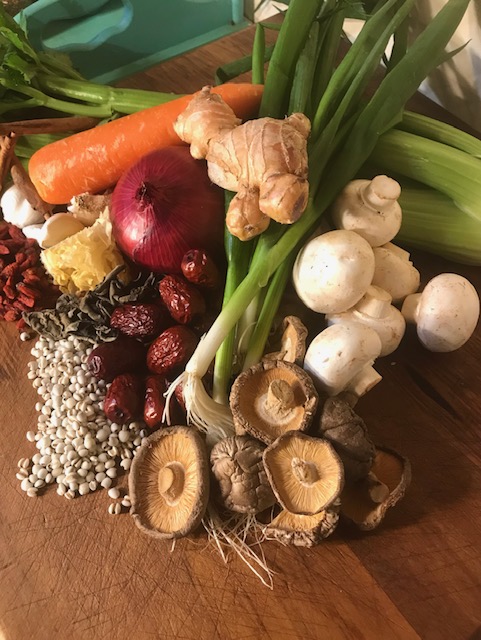
Dietary recommendations form part of a TCM consultation and treatment plan. In Chinese Medicine, food is looked at not just for its nutritional value, but other characteristics as well. These include both the nature and flavor of foods – such as bitter, pungent, sweet, warming and cooling. Cooking methods, when we eat and how we eat, can also affect our assimilation and digestion of food.
Eating seasonal and whole foods where-ever possible is ideal. However, depending on an individual’s constitution, the strength of their digestive system and particular health care needs, specific foods may be more suitable at different times.
During a TCM consultation for Acupuncture and/or Herbs, Yang Sheng recommendations are given as home care. Implementing some new self care strategies, over time can effect positive change.


